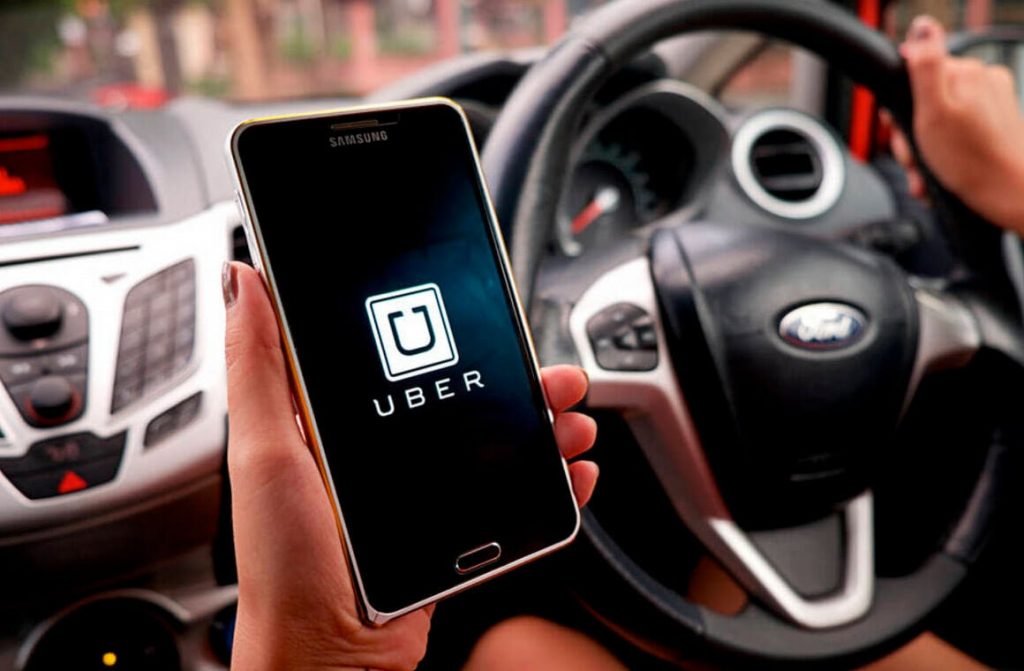2019-4-13 13:16 |
Coinspeaker
Uber’s IPO Filing Discloses $1.8B Loss, Raising Worries
In order to pitch its business to investors, and befitting the company’s size and complexity, Uber filed 285 pages, plus 83 more of financial statements. According to it, the company, generated more than $11 billion in net revenue last year, a 42 percent growth rate from the year before.
In identifying potential risks for its public filing, Uber acknowledged that it has “incurred significant losses since inception.” The company also acknowledged that its revenue growth has slowed in recent quarters, exacerbating concerns about whether Uber can be profitable given massive expenses. Uber said it spent $14.3 billion in 2018.
The company said:
“We expect our operating expenses to increase significantly in the foreseeable future, and we may not achieve profitability.”
Uber said it had 91 million registered users on its platform through the end of 2018. The company’s drivers have earned more than $78.2 billion through the platform since 2015. The app is active in more than 700 cities, with drivers completing more than 14 million trips per day.
Uber stock, which will trade on the New York Stock Exchange within weeks, is seeking to fetch the company a $100 billion valuation, which is lower than initial reports. Beyond ride-hailing, Uber also operates meal-delivery service Uber Eats, shipping service Uber Freight.
In it’s filing, Uber also disclosed its major shareholders.
SB Cayman 2, owned by the SoftBank Vision Fund, is the largest stakeholder with more than 222 million shares representing a 16.3% stake.
Benchmark Capital Partners holds 11% while Uber’s co-founder and CEO Travis Kalanick owns 8.6% of the company. With the company expected to debut with a valuation up to $100 billion, Kalanick’s stake could be worth nearly $9 billion.
Entities affiliated with Uber co-founder Garrett Camp’s fund Expa-1 own a 6% stake and The Public Investment Fund, Saudi Arabia’s sovereign wealth fund, owns a 5.3% stake with 72.8 million shares.
Alphabet also owns a sizable stake in Uber. Entities affiliated with the company hold over 71 million shares, leaving it with a 5.2% stake.
Uber Eats Service as a Main Driver of GrowthEven though the analysts were sure that, after Lyft’s catastrophic debut on the stock market, Uber will learn from its rival’s mistakes, there are some initial takeaways from Uber’s filing, which comes ahead of an IPO.
It is a fact that the Uber Eats service is driving a lot of Uber’s bookings growth. Uber said its gross bookings, which cover all of the customer payments generated by ride-sharing and food-delivery services outside of tips, rose 45% annually in 2018 to $49.8 billion and 37% in Q4 to $14.2 billion.
However, Uber’s S-1 filing makes it clear that much of this growth is coming from its Uber Eats food-delivery service, rather than ride-hailing services.
In Q4, Uber’s ride-sharing bookings rose 25% annually to $11.48 billion, while its Uber Eats bookings rose 129% to $2.56 billion.
Next thing is Uber’s total take rate, defined as the percentage of bookings it keeps after backing out driver payments, restaurant payments and things like tolls and taxes, that fell to 17.9% in Q4 from 21.7% a year earlier. As a result, while Q4 bookings were up 37% annually, revenue only grew 22% to $2.97 billion. The biggest culprit behind the take rate decline is again – Uber Eats.
Also, because of Uber Eats, Uber’s “monthly active platform consumers” (MAPCs), can not be clearly defined. MAPCs rose 11% sequentially and 35% annually in Q4 to 91 million and total trips on Uber’s platform rose by 37% annually to 1.49 billion. However, Uber doesn’t break out how many MAPCs it respectively has for its ride-sharing services and Uber Eats.
Uber also noted that carpooling services such as UberPOOL and Express POOL have weighed on bookings per trip. In contrast to Lyft, which has been seeing its bookings per ride grow, Uber’s ride-sharing gross bookings per trip fell by 1% in 2018.
It’s also to consider the fact that of the $7.5 billion in debt that Uber had at the end of 2018, $2.8 billion consists of convertible notes that are expected to be converted into stock at the time of its IPO.
In addition, the company is set to issue $1.7 billion in convertible debt to help finance its pending acquisition of Middle Eastern ride-sharing rival Careem; the debt matures 90 days after its issuance, and features a conversion price of $55.00 per share.
For now, analysts agree that even if Uber ends up raising less than this sum the company should have ample funds for quite some time as it works to pare its losses and cash burn.
Uber’s IPO Filing Discloses $1.8B Loss, Raising Worries
origin »Bitcoin price in Telegram @btc_price_every_hour
Allion (ALL) на Currencies.ru
|
|

